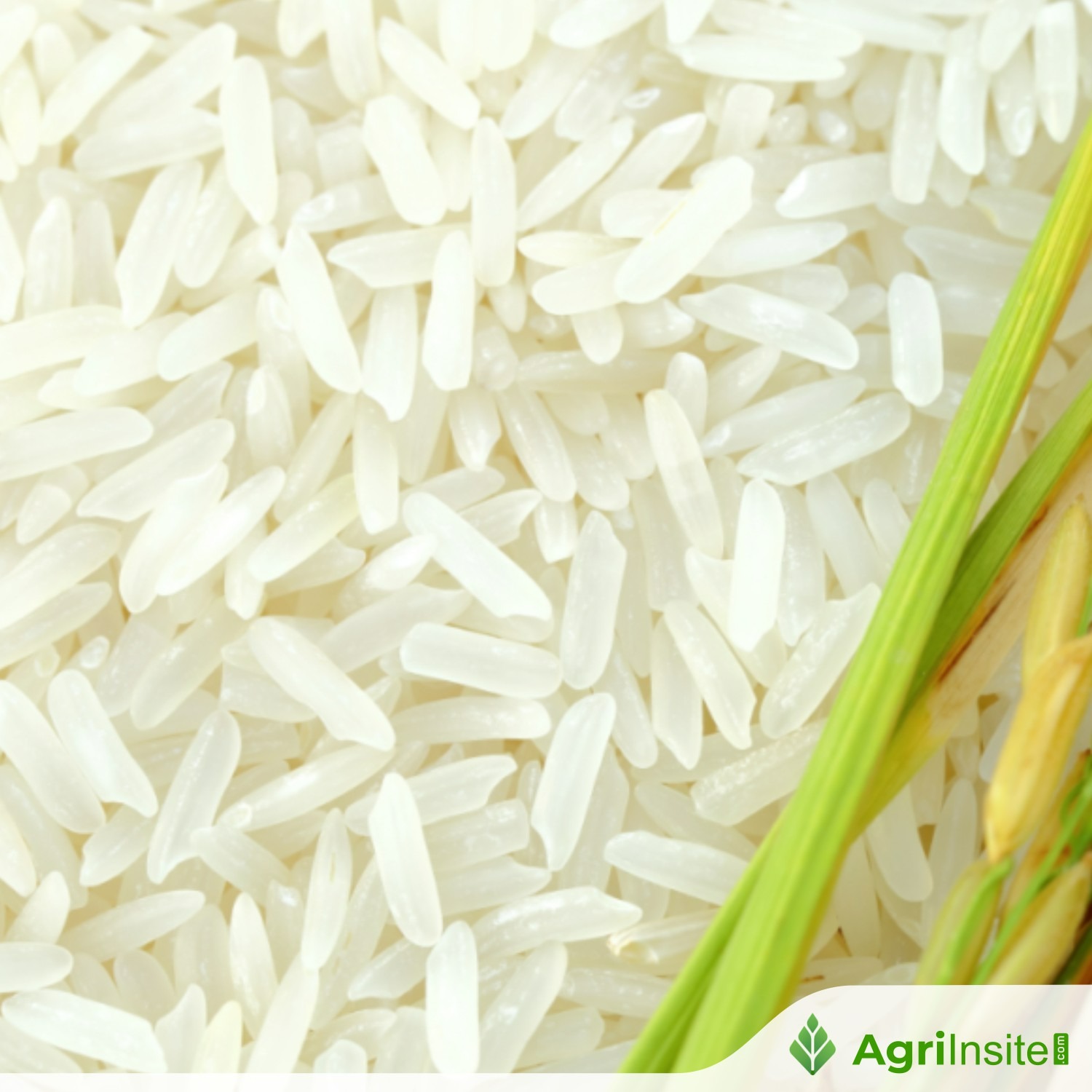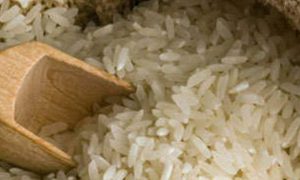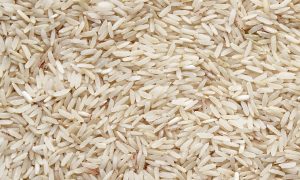Rice prices double in Japan as inflation accelerates

Japan’s rice prices surged 101% year-on-year in May, pushing core inflation to 3.7%—the highest since January 2023. The crisis, driven by supply issues and hoarding, threatens Prime Minister Shigeru Ishiba’s prospects in July’s upper house election. Despite emergency rice stock releases and ¥20,000 cash handouts, soaring energy bills and slow wage growth continue straining household budgets.
TOKYO:
Rice prices doubled last month in Japan as core inflation accelerated, official data showed today, posing a threat to Prime Minister Shigeru Ishiba ahead of July elections.
The vote for parliament’s upper house, due next month, is crucial for Ishiba after public support for his government tumbled to its lowest level since he took office in October, partly due to frustration over the cost of living.
In May, Japan’s core inflation rate, which excludes volatile fresh food prices, hit 3.7% – its highest level since January 2023 – interior ministry data showed.
The figure narrowly beat market expectations and was up from a 3.5% year-on-year rise logged in April.
Rice was more than twice as expensive as a year previously, despite the government releasing its emergency stockpile of the staple grain to try to bring its price down.
A supply chain snarl-up has caused a shortage of rice in shops, with the grain’s price up 101% on-year in May, compared to the eye-watering 98% rise in April.
The government began releasing stockpiles in February in an attempt to drive down prices, something it has only previously done during disasters.
Electricity bills were 11.3% higher in May, and gas fees rose 5.4%, according to todays data.
Excluding energy and fresh food, Japan’s consumer price index (CPI) rose 3.3%, compared to April’s 3%.
Cash handouts
To help households combat inflation, Ishiba has pledged cash handouts of ¥20,000 (US$139) for every citizen, and twice as much for children, ahead of the election.
The 68-year-old leader’s coalition was deprived of a majority in the powerful lower house in October as voters vented their anger at rising prices and political scandals.
It was the worst election result in 15 years for the Liberal Democratic Party (LDP), which has governed Japan almost continuously since 1955.
Earlier this week the Bank of Japan kept its interest rates unchanged and said it would taper its purchase of government bonds at a slower pace, as trade uncertainty threatens to weigh on the world’s number four economy.
“Policy flip-flops and delayed pass-through from producers to consumers mean inflation will slow only gradually in the coming months,” said Stefan Angrick of Moody’s Analytics.
“This will keep a sustained pickup in real wages out of reach, and with it a meaningful uptick in consumption,” Angrick said.
Factors behind the rice shortages include an intensely hot and dry summer two years ago that damaged harvests nationwide.
Since then, some traders have been hoarding rice in a bid to boost their profits down the line, experts said.
The issue was made worse by panic-buying last year prompted by a government warning about a potential “megaquake” that did not strike.
Going forward, US tariffs are expected to weigh on Japan’s growth, with economists predicting a slowdown ahead.
Intensifying fighting between Iran and Israel was also adding pressure for energy prices to head north, posing a further risk to the Japanese economy.
To Read more about Rice News continue reading Agriinsite.com
Source : FMT
















